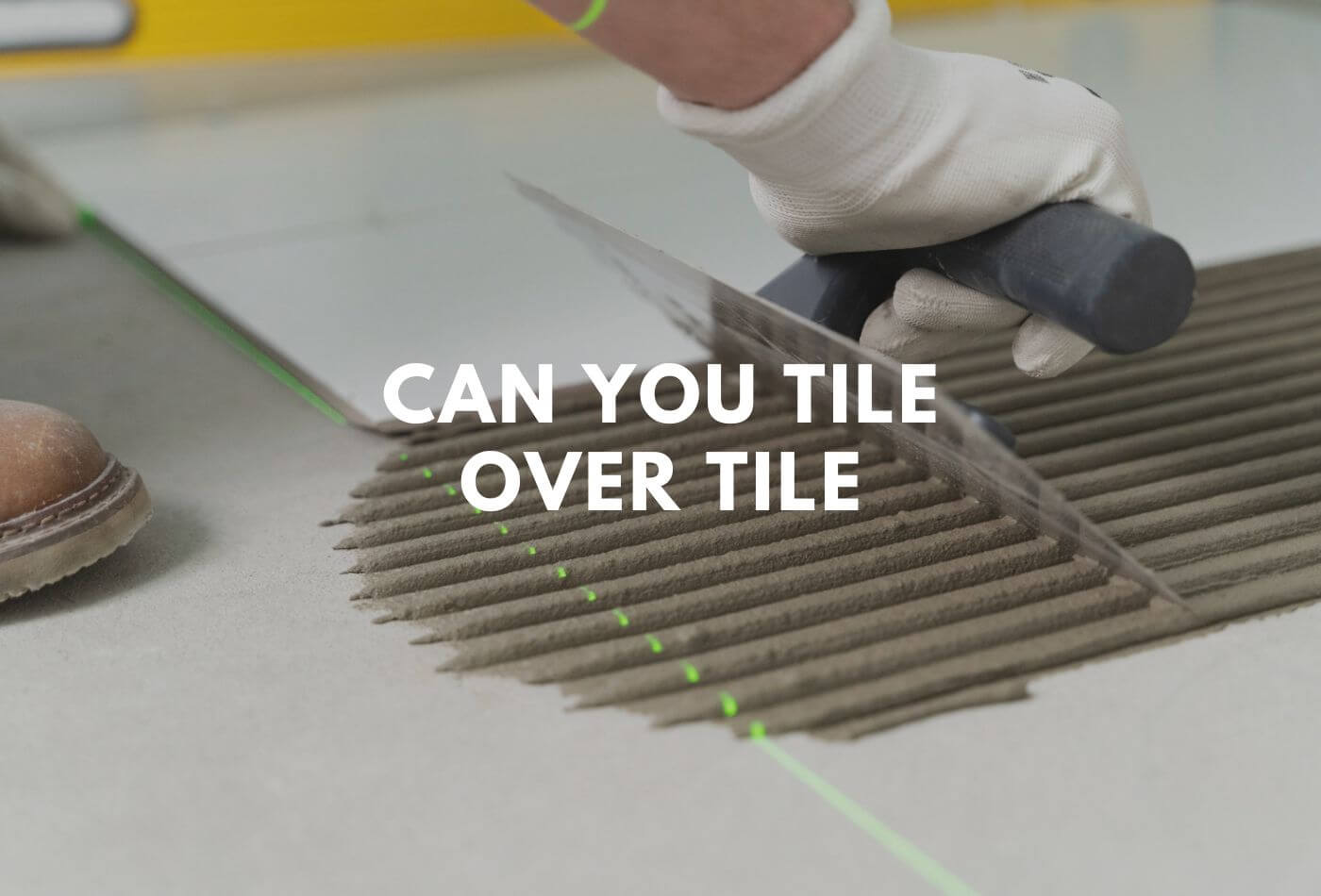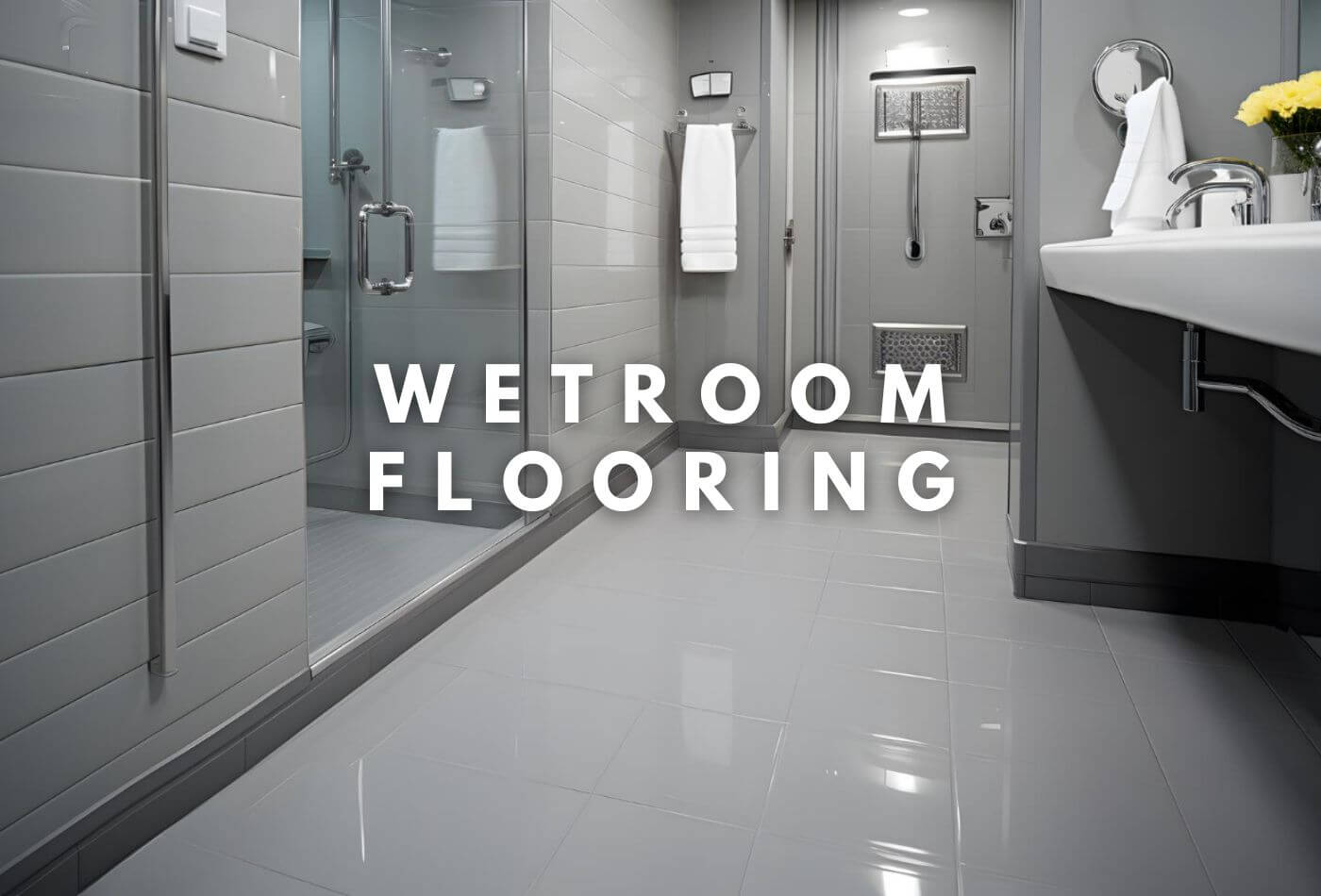Table of Contents
Can you tile over tile? The answer is yes; It is possible to tile over a tile. But here comes the confusion. Is it safe to tile over the existing tile? If yes, how to do that? Do I need to prepare my old tile before installing the new and so many others? If you are looking for answers desperately, then here it is. You must be in the thoughts and ideologies but unaware of the practical things and logical ideas you can tile over tile.
Be it a new or an existing one, just click this page and buy the best Quality Tiles, the best affordable range available only at Work-tops. We won’t mind if you want to connect directly with us via call at +44 0330 113 5868.
Can You Tile Over Tile: A Productive Rant!
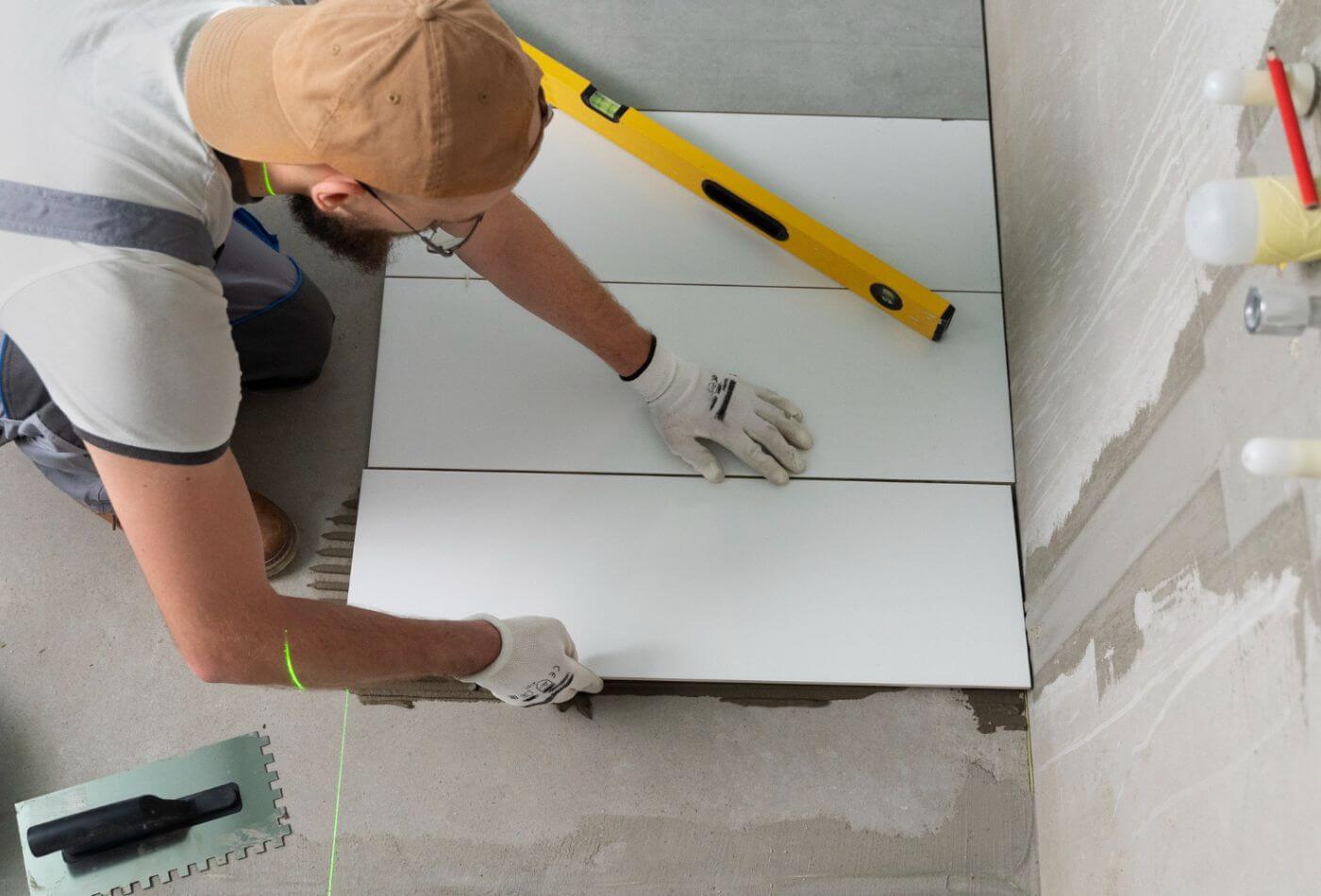
Let’s be real! Tiling over the tile seems like a shortcut, but it’s not as crazy as it sounds! People love this option because it saves time, money, and the hassle of ripping out old tiles, especially if they’re still in good condition. Who wouldn’t want to avoid the mess and dust of demolition?
So, why do it? Can you tile over tile? Well, if your current tiles are solid but you just think that they are outdated or boring, tiling over them gives you a fresh look without tearing up your whole room. Additionally, this is an eco-conscious option since you’re not throwing away old materials.
Here’s how it’s done: Clean the old tiles thoroughly and sand them to rough the surface. Then, apply a high-quality, flexible adhesive (like a modified thin-set mortar). Once it dries, you can lay your new tiles, grout them, and boom—instant makeover! Just make sure the original tiles are level and secure. You could explore stunning stone collections and slabs for new or re-touch decor projects.
20 Fun Facts On Can You Tile Over Tile
Do you know the 20 fun facts on “Can you tile over tile?” Here, let us jam for 2 minutes of a funny session so you understand the fun and facts about putting a tile over the existing tiles. Stay tuned with us for more interior and exterior decoration tips.
1. Yes, you can tile over tile! It’s a real thing.
2. It’s a time-saving hack that skips the tile removing process.
3. No messy dust clouds from ripping out old tiles—less clean up!
4. Depending on the surface, You can do it on both floors and walls.
5. Thickness alert: Double tiling adds height, so watch out for doors and fixtures.
6. Preparation is key—clean, sand, and check the original tiles are secure.
7. Be proud of yourself for not adding more waste to landfills.
8. On the whole, the renovation cost won’t be doubled or tripled compared to starting from scratch!
9. You shall use a variety of adhesives but modified thin-set mortar is ideal, as advised by the experts.
10. Works best on flat, level surfaces—uneven old tiles? Fix them first!
11. Adding another layer provides extra insulation, making floors warmer.
12. Tiling over damaged tiles is a big no-no.
13. This method is common in DIY bathroom or kitchen remodels.
14. A tile tester could help check the durability of the old tiles.
15. Grout lines from the old tiles won’t show through the new ones.
16. Epoxy adhesives work great for extra strength.
17. Tiling over tile is faster but still needs patience for drying times.
18. You can use any style of tile, from ceramic to porcelain, for your new layer.
19. You’re not limited to small areas—you might revamp entire rooms!
20. It gives you the chance to update old tiles without a major renovation rush!
FRAMMENTI TECH GRIGIO MATT RECTIFIED PORCELAIN TILES

£34.50
Frammenti Tech Grigio Matt Rectified Porcelain Tiles refers to a type of tile used for flooring or wall applications. Rectified means that the edges of the tile have been precisely cut to ensure that they are perfectly straight and uniform… read more
TERAMODA STERLING GLOSS HERRINGBONE GLAZED CERAMIC TILES

£33.00
Teramoda Sterling Gloss Herringbone Glazed Ceramic Tiles are a type of ceramic tile that features a herringbone pattern in a glossy finish. The tiles are made from high-quality ceramic material that is glazed to provide a smooth and durable surface.… read more
Now Moving On To The Topic, How To Tile Over A Tile In Detailed Steps?
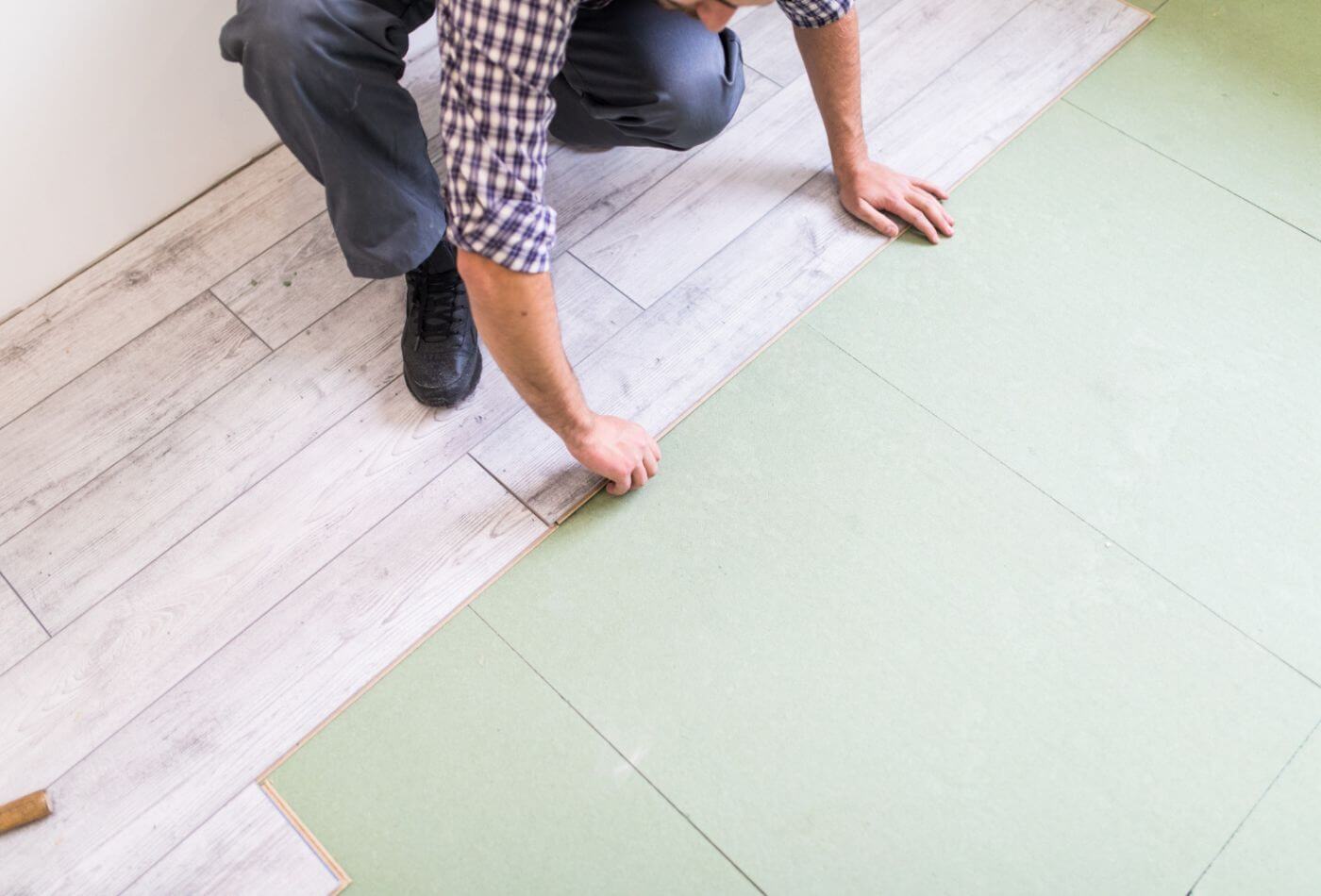
If you have seen the facts, let us move on to how to tile over a tile in detailed steps. You might want to tile over a tile easily without much effort, right? This section will help you understand that tiling over existing tiles is a smart way to revamp your space without the rush or mess of removing old tiles. Here’s a guide to get it done right.
Step 1: First Thing: Do You Need A New Tile Over The Existing Tile? Ask Yourself!
Ensure the current tiles are in good condition—secure, clean, and free from cracks. Damaged or loose tiles need to be repaired or replaced before proceeding. Any uneven surfaces should also be levelled.
Step 2: Dust Off The Debris
Dusting the debris off the floors is the next step. Use a strong tile cleaner or degreaser to remove any dirt, grease, or soap scum. The usual dust and debris can be wiped off easily using a soft cloth or mop. This is crucial to ensure the new tiles adhere properly.
Step 3: Roughen The Surface, Also Called Sanding
To help the new tile stick better, roughen the surface of the old tiles using sandpaper or a grinder. This creates a slightly abrasive surface for the adhesive to grip. Sanding is the process that must be done before the adhesive is involved.
Step 4: Apply Adhesive
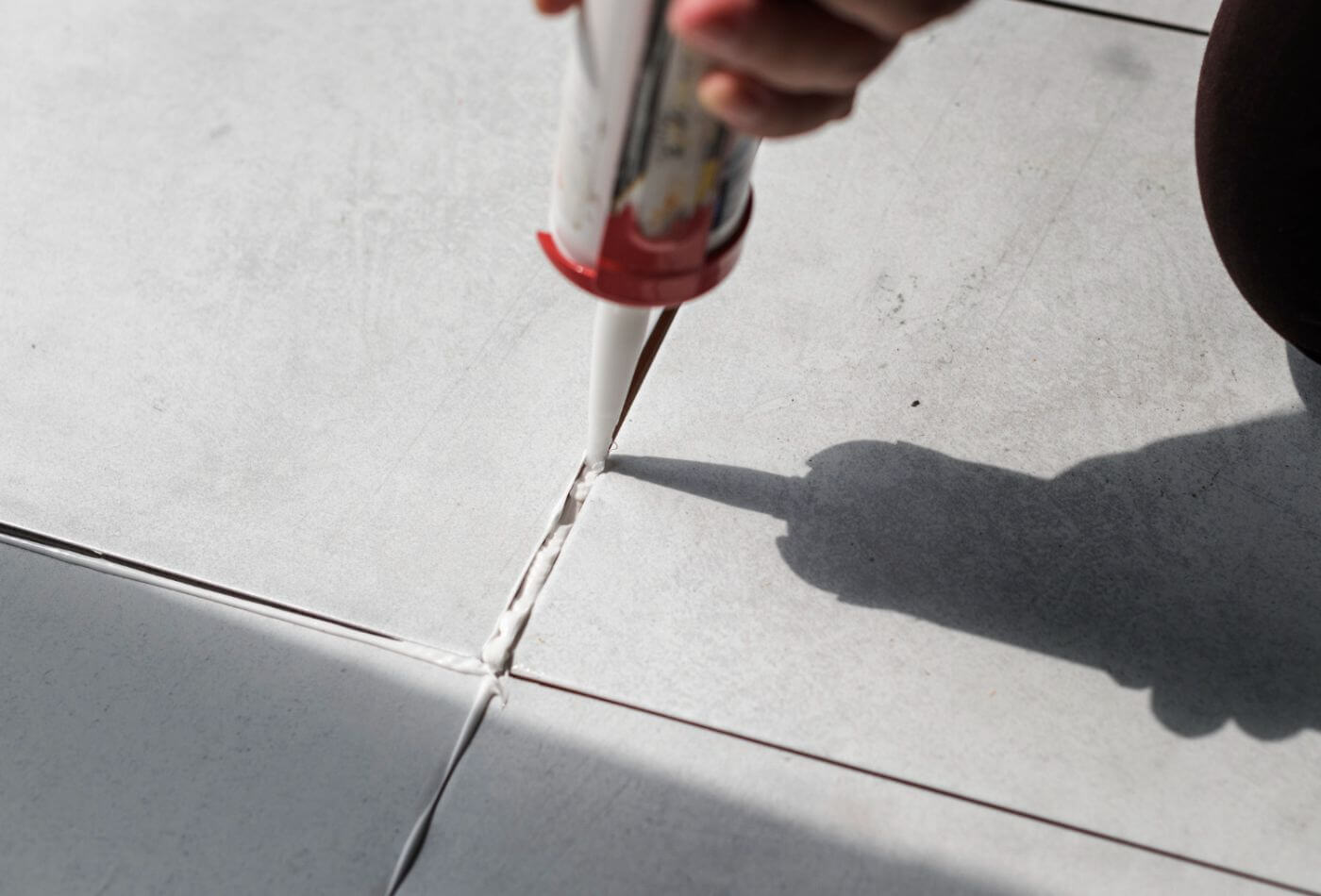
Try to use the adhesive that is advised for that particular product. So you avoid unnecessary mishappenings like tile discolouration or insufficient tiles, which may lead to tiles loosening. Modified thin-set mortar or epoxy adhesive designed for tiling over tile. Spread it evenly with a notched trowel, ensuring good coverage.
Step 5: Lay New Tiles
Place your new tiles on the adhesive, ensuring they are properly aligned. Use spacers between tiles for uniform grout lines. This will help you achieve a streamlined laying of tiles.
Step 6: Grout and Seal
After the adhesive has dried, apply grout between the new tiles, wipe off excess, and allow it to set. Finally, seal the grout for a lasting finish.
FRAMMENTI TECH BEIGE MATT RECTIFIED PORCELAIN TILES

£34.50
Frammenti Tech Beige Matt Rectified Porcelain Tiles are a type of floor or wall tile made from porcelain material. "Rectified" refers to the process of cutting the tile to a precise size and shape, ensuring that each tile has straight… read more
TERAMODA SKY GLOSS HERRINGBONE GLAZED CERAMIC TILES

£33.00
Teramoda Sky Gloss Herringbone Glazed Ceramic Tiles are a type of ceramic tile that features a herringbone pattern in shades of blue and white with a glossy finish. These tiles are made using a process of firing clay at high… read more
SIVA NOCE TRAVERTINE TILES

£39.00
Siva Noce Travertine Tiles display various hues of coffee brown from light to dark, that can add depth and character to any space. They are fantastic and durable tiles that make a space statement when installed. These tiles depict natural… read more
Conclusion:
Can you tile over tile? It is the easiest thing to do, but it is always better to call a tile expert or professional if you find any discomfort laying it. Work-tops always help people from around the United Kingdom find their desired slabs, and we won’t put up with the struggles of installing the jumbo counters for islands, worktops, breakfast bars or more. Create your account!
P.s. The readers are informed that none of the content available on any of the pages of Work-tops.com should be taken as legal advice and that Work-tops will not be held accountable for your use of the information contained in or linked from these web pages.

